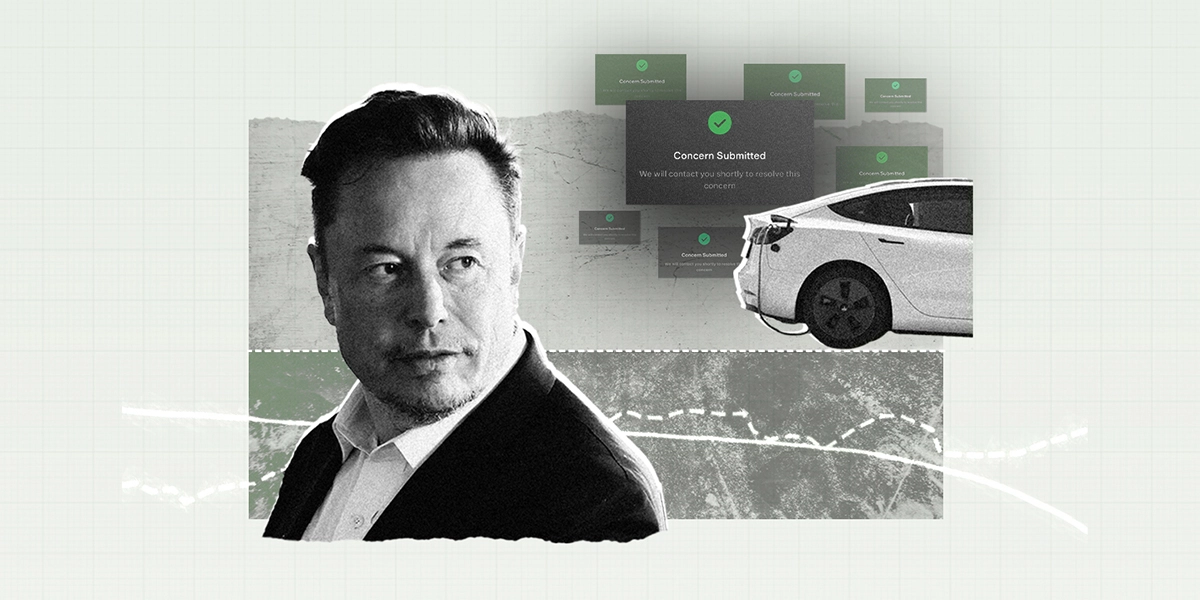Tesla has consistently exaggerated the driving range of its electric vehicles, reportedly leading car owners to think something was broken when actual driving range was much lower than advertised. When these owners scheduled service appointments to fix the problem, Tesla canceled the appointments because there was no way to improve the actual distance Tesla cars could drive between charges, according to an investigation by Reuters.



I was wondering if this violated false advertising laws? I’m definitely nowhere near a Lawyer, so I can’t begin to grasp the nuances of things like that but…
If someone buys the car under the pretense that it will drive 500 miles on one charge, and it consistently only makes it 350 miles, that’s not a variable tolerance issue like +/-10% . It’s a straight up “I sold you a falsehood” issue.
deleted by creator
Okay. I admit it. I grinned.
But in all seriousness, it is good to know that even in states with lesser consumer protection laws, purchasers will still be protected.
I love learning little random tidbits of knowledge like this!